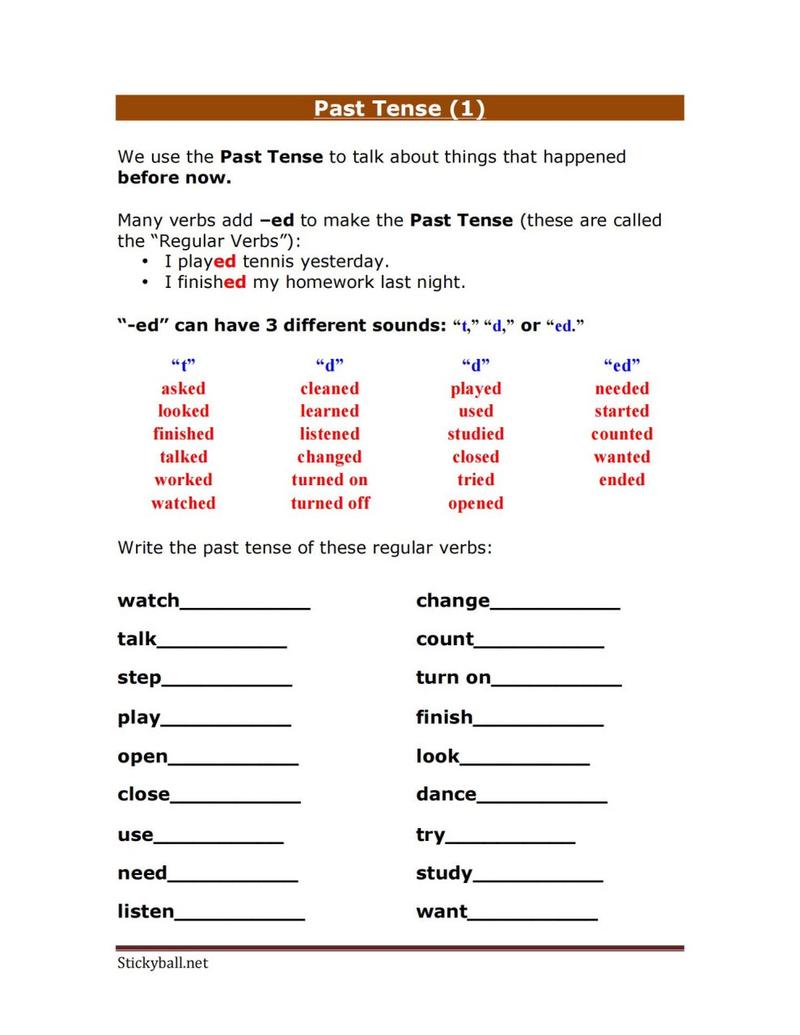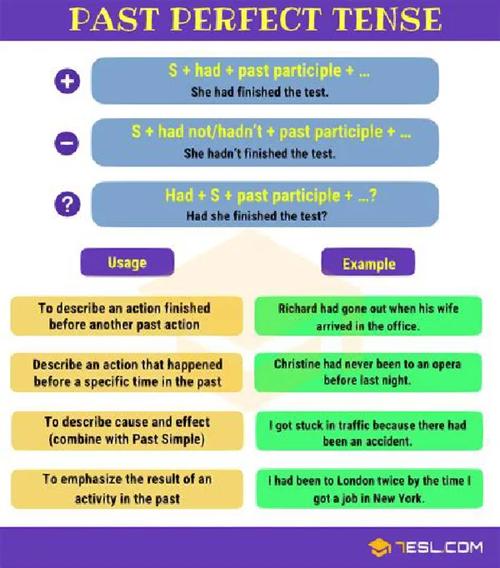
Bite in Past Tense
Have you ever wondered about the past tense of the verb “bite”? If so, you’re not alone. The past tense of “bite” is “bit.” But what does this word mean, and how is it used in different contexts? Let’s delve into the fascinating world of “bit” and explore its various dimensions.
Etymology of “Bit”
The word “bit” has its roots in the Old English word “bitan,” which means “to bite.” Over time, the language evolved, and the word “bit” became the past tense of “bite.” It’s important to note that “bit” is also used as a noun, referring to a small piece or a morsel of food.

Usage in Different Contexts
Now that we know the origin of “bit,” let’s explore its usage in different contexts.
1. In Sentences
One of the most common uses of “bit” is in sentences. For example:
| Example | Meaning |
|---|---|
| The dog bit the mailman. | The dog attacked the mailman by biting him. |
| She bit into the apple. | She took a bite out of the apple. |
2. In Phrases
“Bit” can also be used in phrases. Here are a few examples:
| Phrase | Meaning |
|---|---|
| Take a bit | Take a small piece or a morsel of something. |
| Have a bit of fun | Enjoy yourself a little. |
| Bit by bit | Gradually or slowly. |
Spelling and Pronunciation
The spelling of “bit” is straightforward, with one “b” and one “t.” When it comes to pronunciation, “bit” is pronounced as /b瑟t/ in American English and /b瑟t/ in British English.

Common Mistakes
While “bit” is a simple word, some people make common mistakes when using it. Here are a few examples:
- Confusing “bit” with “bitten,” which is the past participle of “bite.” For example, “The dog has bitten the mailman” is correct, while “The dog has bit the mailman” is incorrect.
- Using “bit” when “bitten” is intended. For example, “I’ve been bitten by a mosquito” is correct, while “I’ve been bit by a mosquito” is incorrect.
Conclusion
“Bit” is a versatile word with various uses in sentences and phrases. Understanding its etymology, usage, and common mistakes can help you use this word correctly in your writing and speaking. So, the next time you want to describe something that was bitten or a small piece of food, remember to use “bit” in the past tense of “bite.” Happy writing!





